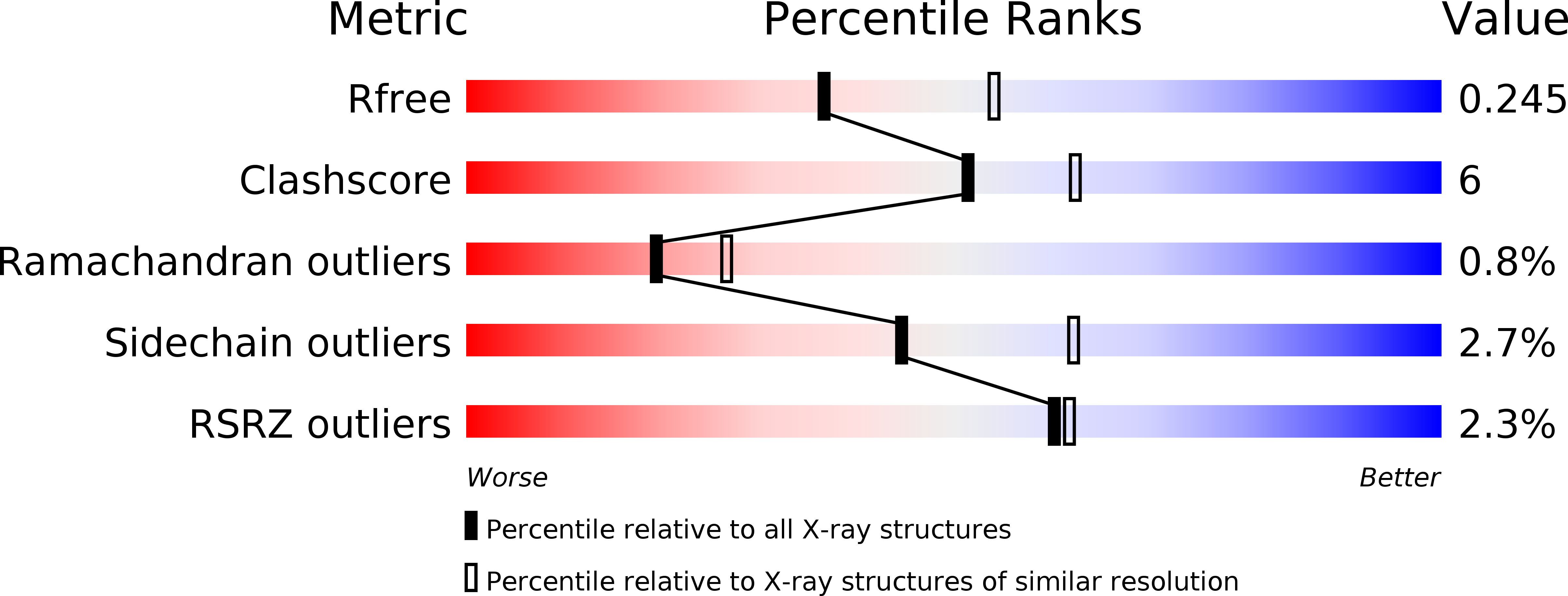
Deposition Date
2018-12-21
Release Date
2019-12-25
Last Version Date
2024-11-06
Entry Detail
PDB ID:
6NHA
Keywords:
Title:
Crystal structure of SYNT001, a human FcRn blocking monoclonal antibody
Biological Source:
Source Organism(s):
Homo sapiens (Taxon ID: 9606)
Expression System(s):
Method Details:
Experimental Method:
Resolution:
2.38 Å
R-Value Free:
0.24
R-Value Work:
0.19
R-Value Observed:
0.19
Space Group:
P 21 21 21


